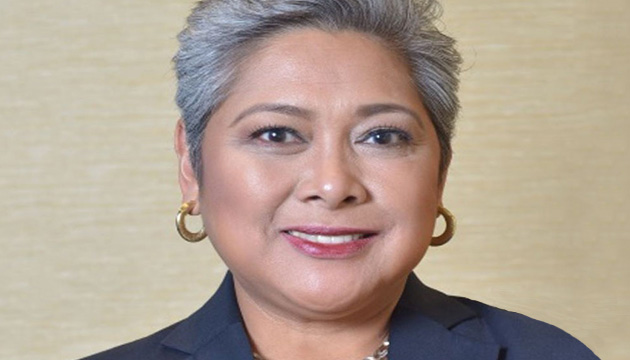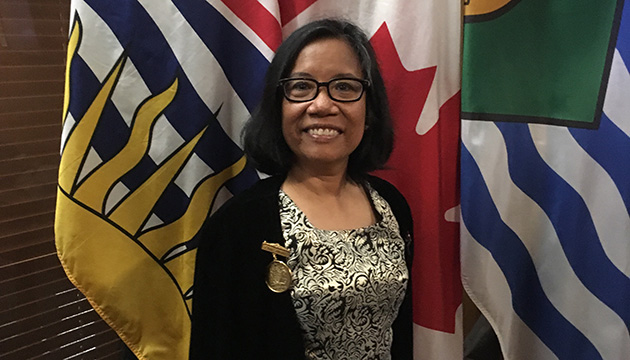The Philippines is looking to deepen its economic relations with Canada and took a significant step with the recent re-opening of the Philippine Trade and Investment Centre (PTIC) in Toronto.
Both the Philippines and Canada stand to benefit from strengthened economic cooperation, as the Philippines, which is centrally located in the Asia Pacific region, can serve as Canada’s gateway to the region.
Senior Trade Commissioner Ma. Roseni Alvero, who will head the PTIC, said the prospect of an ASEAN-Canada Free Trade Agreement is high on the agenda of both countries after the prospects for a bilateral PH-Canada FTA dimmed following Canada's expressed preference for a more comprehensive regional trade agreement—key to its strategic re-engagement with Asia.
The expansion of trade presence is likewise part of the Philippine Department of Trade and Industry’s (DTI) response to Canada’s designation of the country as a priority emerging market for trade and investment promotion under Canada's Global market Access Plan (GMAP), according to Alvero.
The new office is tasked to promote and implement the initiatives of the DTI, specifically on trade and investment promotions, as well as actively participate in trade policy and gathering of the market and commercial intelligence. “We will work closely with
trade associations, special interest councils, business organizations and relevant agencies to connect Philippine companies with their counterparts in Canada,” Alvero said.
She added that PTIC will also provide assistance to Filipino-Canadian business persons and entrepreneurs interested in investing in the Philippines.
Alvero said the priority products for trade and investment and its areas include the following:
• IT/Business Process Management specifically game development and animation (British Columbia, Ontario and Quebec);
• Manufacturing: aerospace, electronics, agri -based /food; consumer products (Quebec, Alberta, Manitoba and Ontario);
• Food specifically seafood, processed fruits, Filipino ethnic food, coconut products, halal, natural, and organic food (British Columbia, Calgary, Winnipeg and Ontario;
• Start-ups and Innovation (British Columbia, Ontario and Quebec);
• Furniture and Furnishings /Design driven products (British Columbia, Alberta, Ontario and Quebec)
“Canada is the 21st major trading partner of the Philippines; 15th biggest export market and 24th import supplier,” according to Alvero. “It is the Philippines’ sixth top partner for development assistance. Top export products from the Philippines are wiring harness, coconut(crude oil and desiccated) and electronic products, while top imports from Canada are wheat, wood products chemicals and pork.”
Canada has a strong presence in trade, manufacturing, mining and the Business Process Outsourcing (BPO) industries in the Philippines.
In 2016, total bilateral trade was only at a measly USD 1 billion, with the balance of trade in favor of the Philippines. Alvero predicts total exports to reach USD 1 billion in 2025 from the 2015 level of USD 563.50. “I predict total trade to be at the level of USD 1. 7 billion. Registered Canadian investments will peak at USD 500 million during the 10-year period with investments in the manufacturing sector playing a significant role.” she said.
“This would translate to increased income and more jobs not only in large-scale enterprises but also to a capacitated micro, small- and medium enterprise sector in the various regions of the country as they become an inherent part of the total production value chain,” she added.














